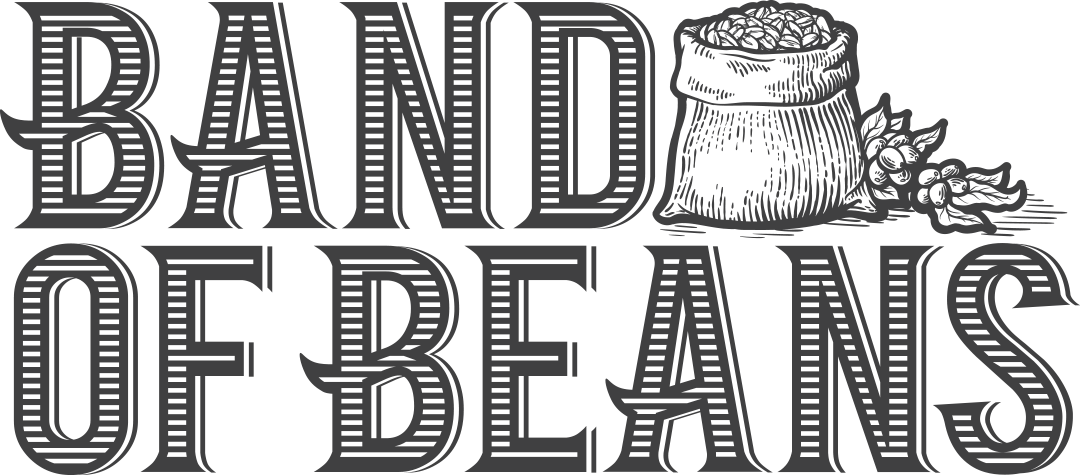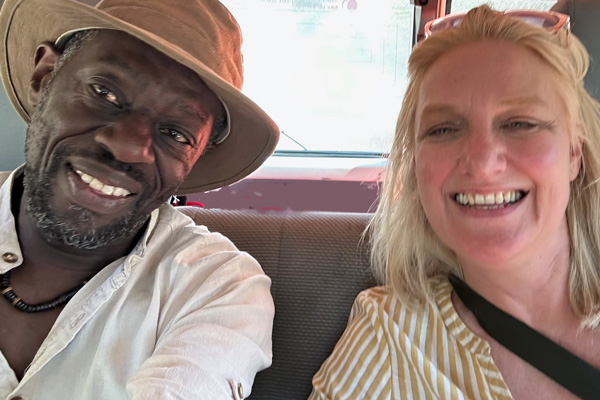The question came from Linh, a Vietnamese farmer whose weathered hands had been harvesting coffee for forty years. We were sitting in his modest home in the Dat Lat region, surrounded by the wild coffee forests where the story of coffee began. Until that moment, we thought we were coffee lovers. We had expensive machines, knew our roasts, could debate brewing methods. But Alemayehu's simple question revealed an uncomfortable truth: we had been drinking stories without ever hearing them.
That night, unable to sleep in the thin mountain air, we made a promise. Not just to ourselves, but to Alemayehu and the countless other farmers whose life's work ended up as anonymous beans in anonymous bags. We would bridge the gap between the hands that grow and the hands that brew. We would turn every cup into a conversation.
But here's what we didn't expect: the journey would change us more than we could ever change it.
In Vietnam's misty highlands, a grandmother named Linh taught us that coffee isn't just a crop—it's a keeper of memory. As she demonstrated the traditional brewing method her family had guarded for generations, she shared stories of resilience that made our problems seem small. In her cup, we tasted not just coffee, but centuries of adaptation, innovation, and hope.
Each origin we visited dismantled another assumption. Coffee wasn't just about taste—it was about ritual, community, identity. It wasn't just agriculture—it was art, tradition, survival. And we weren't just buyers—we were students in classrooms we never knew existed.
Somewhere along the way, accompanied by our trusty guide Gideon (who has an uncanny ability to appear in the most unexpected places), we realised we weren't collecting coffee stories anymore. We were becoming part of them. And more importantly, we were learning how to help others become part of them too.

